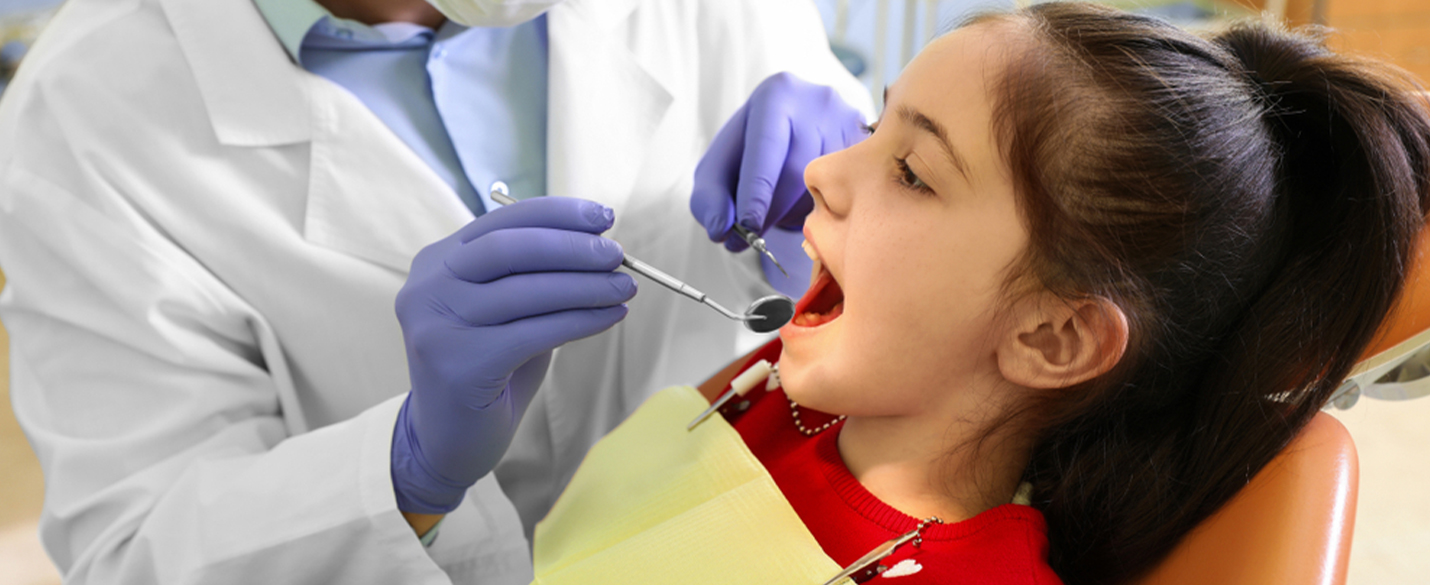Humanized mouse models of the immune system are important tools for studying the human immune system and its immune responses. However, during the reconstitution of the human immune system, the mouse’s cytokines cannot effectively mediate the differentiation and proliferation of human hematopoietic cells due to interspecies differences.
GemPharmatech has independently developed the NCG-M mouse (strain number: T036669), which can better promote the proliferation and differentiation of human myeloid cells, including monocytes, granulocytes, macrophages, and dendritic cells, after transplantation of hCD34+ hematopoietic stem cells.
Human HSC reconstitution in NCG-M mice
Female NCG and NCG-M mice aged 4-6 weeks were subjected to sublethal irradiation. Following irradiation, the mice were intravenously injected via the tail vein with 5×104 hCD34+ hematopoietic stem cells for immune reconstitution. During the process of HSC reconstitution in NCG-M mice, most of the mice were able to survive up to 168 days after immune reconstitution.

Fig2. Reconstruction of different types of immune cells in peripheral blood of huHSC-NCG and huHSC-NCG-M mice
In conclusion, NCG-M mice are a more comprehensive humanized mouse model for the immune system, which is beneficial for the immune reconstruction of human HSC. It can improve the overall reconstruction ratio of immune cells, promote the development and differentiation of marrow cells, as well as the proliferation and differentiation of lymphoid cells including T, B, and NK cells. Additionally, it can effectively reconstruct immune cells in tissue organs, especially increasing the proportion of tissue-resident macrophages. Therefore, this model can be used to study the pathogenesis and therapeutic evaluation of immune-related diseases such as tumors (including studies on marrow targets and cytokine storms), autoimmune diseases (such as asthma and allergies), and infections.












